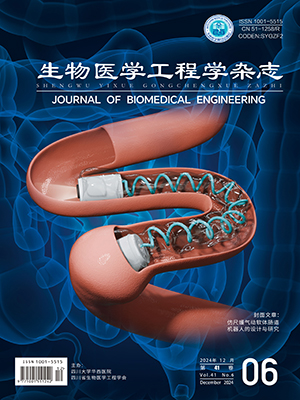The objective is to deal with brain effective connectivity among epilepsy electroencephalogram (EEG) signals recorded by use of depth electrodes in the cerebral cortex of patients suffering from refractory epilepsy during their epileptic seizures. The Wiener-Granger Causality Index (WGCI) is a well-known effective measure that can be useful to detect causal relations of interdependence in these kinds of EEG signals. It is based on the linear autoregressive model, and the issue of the estimation of the model parameters plays an important role in the calculation accuracy and robustness of WGCI to do research on brain effective connectivity. Focusing on this issue, a modified Akaike’s information criterion algorithm is introduced in the computation of the WGCI to estimate the orders involved in the underlying models and in order to advance the performance of WGCI to detect brain effective connectivity. Experimental results support the interesting performance of the proposed algorithm to characterize the information flow both in a linear stochastic system and a physiology-based model.
Citation: YANG Chunfeng, XIANG Wentao, WU Jiasong, KONG Youyong, JIANG Longyu, LE BOUQUIN JÈANNES Régine, SHU Huazhong. Research on effective connectivity of intracerebral electroencephalogram based on Wiener-Granger Causality Index modified by generalized Akaike’s Information Criterion. Journal of Biomedical Engineering, 2018, 35(5): 665-671. doi: 10.7507/1001-5515.201709032 Copy
Copyright © the editorial department of Journal of Biomedical Engineering of West China Medical Publisher. All rights reserved




